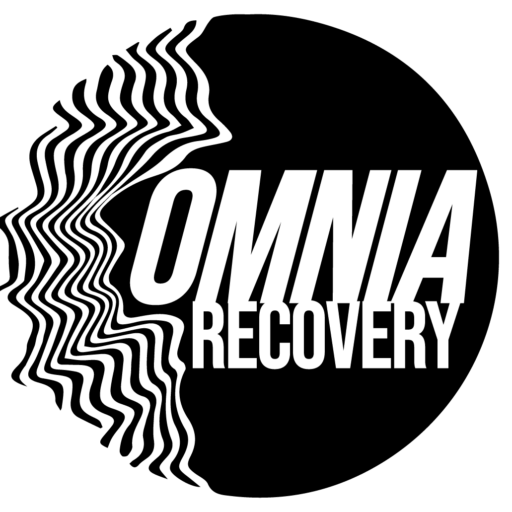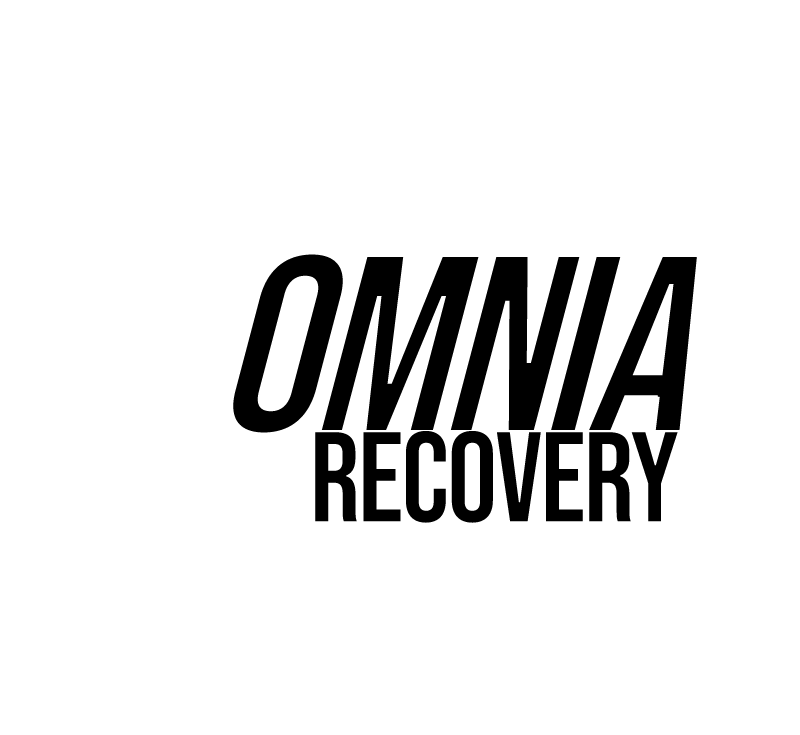Childhood experiences form the cornerstone of our emotional well-being, shaping our future relationships, behaviors, and mental health. Unfortunately, adverse childhood experiences (ACEs) can leave deep scars, often leading to addiction and mental health challenges later in life. In this blog post, we will explore the profound impact of childhood trauma on addiction and mental health, focusing on understanding ACEs, the importance of trauma-informed care, and the journey towards healing. Join us as we unravel the intricate connection between early life trauma and the challenges of adulthood.
Understanding Adverse Childhood Experiences
Adverse Childhood Experiences encompass a range of stressful or traumatic events occurring in childhood, such as abuse, neglect, or household dysfunction. Understanding these experiences is crucial in recognizing their impact and working towards effective prevention and intervention strategies.
These experiences can have a lasting impact on a person’s physical, emotional, and mental well-being throughout their life. ACEs are categorized into three main types:
Abuse
- Physical Abuse: The intentional use of force causing injury or bodily harm.
- Emotional Abuse: Persistent emotional mistreatment, including humiliation, rejection, or belittlement.
- Sexual Abuse: Involves non-consensual sexual contact or exposure to explicit sexual content.
Neglect
- Physical Neglect: Failure to provide basic necessities like food, clothing, shelter, or medical care.
- Emotional Neglect: Ignoring a child’s emotional needs, leading to feelings of unworthiness or emotional numbness.
Household Dysfunction
- Substance Abuse: A household member’s excessive use of alcohol or drugs, leading to family disruption.
- Mental Illness: A family member’s mental health condition that impairs their ability to function, causing instability and stress.
- Domestic Violence: Regularly witnessing or experiencing physical, verbal, or emotional abuse between caregivers.
Research has shown a direct correlation between ACEs and the development of mental health disorders, substance abuse, and risky behaviors. Children who experience ACEs are more likely to suffer from depression, anxiety, post-traumatic stress disorder (PTSD), and other psychological conditions later in life. Additionally, ACEs increase the risk of engaging in substance abuse as a coping mechanism, leading to addiction issues in adulthood.
Trauma-Informed Care
Trauma-informed care is a holistic framework that recognizes the pervasive impact of trauma on individuals and focuses on creating a safe and supportive environment for healing. This approach is essential in various settings, including healthcare, education, social services, and mental health facilities.
Building trust is fundamental. Providers maintain clear and transparent communication, ensuring that individuals understand the process and feel confident in the care they receive. Predictability and consistency in interactions are key components of this principle.
Individuals are encouraged to voice their preferences and make choices regarding their care. Empowering individuals in their healing journey promotes a sense of control and self-efficacy, crucial elements for recovery.
The Relationship of Childhood Trauma, Addiction, and Mental Health
Childhood trauma, encompassing experiences of abuse, neglect, or household dysfunction, casts a long shadow over an individual’s life. One of the intricate ways it manifests is through its profound impact on both addiction and mental health. Understanding this complex relationship is pivotal in providing effective support and interventions. Here’s a closer look at the intertwined dynamics of childhood trauma, addiction, and mental health issues:
Early Roots of Trauma
Childhood trauma can disrupt healthy emotional and psychological development. Adverse experiences, especially during critical developmental stages, can alter brain structure and function, making individuals more susceptible to addiction and mental health disorders later in life.
Coping Mechanisms and Substance Abuse
Individuals who experience childhood trauma often develop maladaptive coping mechanisms. Substance abuse becomes an escape from the haunting memories and emotional pain. Drugs or alcohol temporarily numb the distress, leading to a cycle of dependency that worsens mental health issues and deepens addiction.
Impact on Mental Health
Childhood trauma significantly increases the risk of developing mental health disorders such as depression, anxiety, PTSD, and borderline personality disorder. Trauma alters the brain’s stress response systems, making individuals more prone to chronic stress, emotional dysregulation, and mood disorders.
Dual Diagnosis
The co-occurrence of addiction and mental health disorders, known as dual diagnosis, is prevalent among individuals with a history of childhood trauma. Addressing both issues simultaneously is crucial, as untreated mental health conditions can trigger relapses and hinder recovery.
Omnia Recovery Can Help
In this blog post, we have explored the deep-rooted connection between childhood trauma and addiction, as well as mental health challenges. By understanding adverse childhood experiences, embracing trauma-informed care, and supporting the healing journey, we can pave the way for individuals to overcome their past and build a brighter, healthier future. At Omnia Recovery, we are committed to promoting awareness, providing resources, and fostering a compassionate understanding of the complexities surrounding childhood trauma. Omnia Recovery is a behavioral health clinic in Ventura County. Contact us today to learn more about how we can help with dual diagnosis therapy in Los Angeles. Join us in our mission to create a supportive environment where individuals can heal, grow, and thrive.




